
Tinubu’s IGR Obsession: Replicating Lagos Formula While Ignoring Human Development
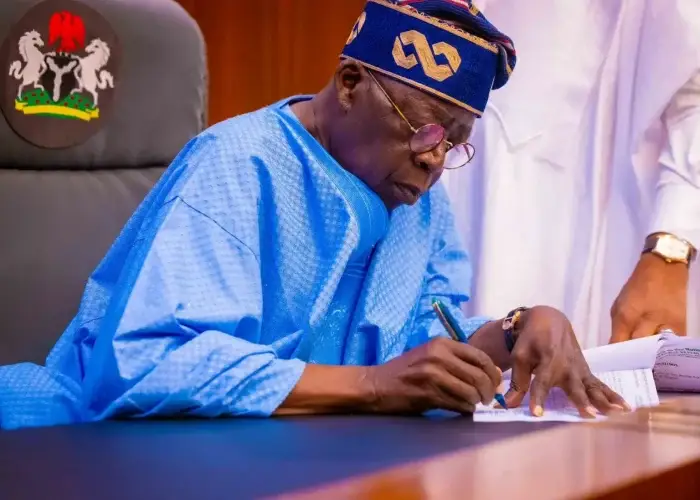
Since taking office in 2023, President Bola Tinubu has boasted about skyrocketing Nigeria’s Internally Generated Revenue (IGR), modelling his approach on the Lagos playbook. However, beneath the flashy numbers lies a troubling reality;
Millions of Nigerians remain mired in poverty, and key human development indicators show little meaningful progress.
Tinubu’s Lagos years are often recounted as a fiscal miracle. IGR jumped from roughly ₦14 billion in 1999 to over ₦80 billion annually by 2007. However, behind the spreadsheets and tax drives, Lagos’s human development story was far less inspiring.
By the time he left office in 2007, Lagos was still grappling with deep inequality, crumbling public schools, overstretched hospitals, and some of the most densely populated slums in Africa. The HDI barely inched forward during his eight-year tenure, suggesting that while the state became richer on paper, the wealth was not meaningfully translated into better health, education, or living standards for the average Lagosian.
Tinubu’s government appeared more interested in building the machinery to collect money than in ensuring that money worked for the people, a pattern many fear is now playing out at the national level.
Since Tinubu became president in 2023, total IGR across Nigerian states hit ₦2.43 trillion in 2023, a significant increase compared to previous administrations, including the Goodluck Jonathan era (2010–2015). The Federal Capital Territory (FCT) also recorded a nearly 20 per cent rise in IGR in 2024.
However, this revenue growth has come not from expanded economic productivity, but from taxation in a country where large segments of the population and businesses remain unproductive. Rather than stemming from a thriving private sector, the surge in IGR is essentially the product of heavier levies, broadened tax nets, and stricter enforcement, often squeezing households and small businesses already burdened by inflation, unemployment, and weak purchasing power.
Economists warn that taxing a stagnant or shrinking economy can create a “revenue illusion”, swelling government coffers in the short term while discouraging investment, stifling entrepreneurship, and deepening poverty.
Moreover, this revenue growth has not translated into equivalent human development gains. Nigeria’s Human Development Index (HDI) increased only marginally, from 0.548 in 2023 to 0.560 in 2024, a mere 2.2 per cent rise. This contrasts with the 3.5 per cent HDI improvement recorded during Jonathan’s first two years, despite lower revenue levels at the time.
While Jonathan’s administration faced significant challenges, it managed to register more tangible progress in health, education, and poverty reduction early on. Tinubu’s government, meanwhile, has struggled to convert increased fiscal capacity into social investments that uplift millions of Nigerians still dealing with poor healthcare, inadequate education, and widespread poverty.
The current administration prioritises revenue collection over tackling Nigeria’s pressing socio-economic issues, including poverty, unemployment, and inequality. Without channelling funds into education, healthcare, and infrastructure, especially in underserved regions, fiscal gains will fail to translate into improved living standards for the majority of Nigerians.
Fiscal reports reveal that many Nigerian states continue to spend more on salaries and overheads than they generate in revenue. In 2024, 30 states collectively spent ₦3.03 trillion on operational costs, surpassing their combined IGR of ₦2.8 trillion. This fiscal mismanagement undermines efforts to improve infrastructure and social services, fueling persistent inequality.
Tinubu’s administration is caught in a cycle of “fiscal showmanship,” emphasising revenue figures while neglecting structural reforms and transparent governance needed to ensure funds are effectively utilised.
Tinubu’s Lagos model is an overhyped sales pitch, prioritising short-term revenue gains over sustainable development.
The government needs to invest in human capital and institutional reform urgently. Without strengthening healthcare systems, expanding educational opportunities, and addressing regional disparities, Nigeria risks exacerbating its social divide.
About The Author
Related Articles
Burkina Faso Grants Broadcast Frequency to AES Radio
Burkina Faso’s Superior Council of Communication has approved the allocation of a...
ByWest Africa WeeklyDecember 19, 2025Mass Layoffs Cast Shadow Over Guinea’s Simandou Mine as Exports Begin
Guinea has begun exporting iron ore from the long delayed Simandou project,...
ByWest Africa WeeklyDecember 19, 2025Ghana Arrests Nigerians for Cybercrime
The Minister for Communications, Digital Technology and Innovation, Ghana, Hon. Samuel Nartey...
ByJoshua ChuwangDecember 17, 2025Livestock Reform in Nigeria: Solving Insecurity
President Bola Ahmed Tinubu has taken a significant step to address the...
ByJoshua ChuwangDecember 17, 2025



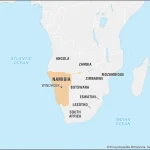
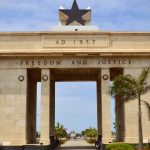
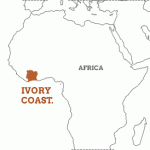
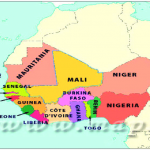

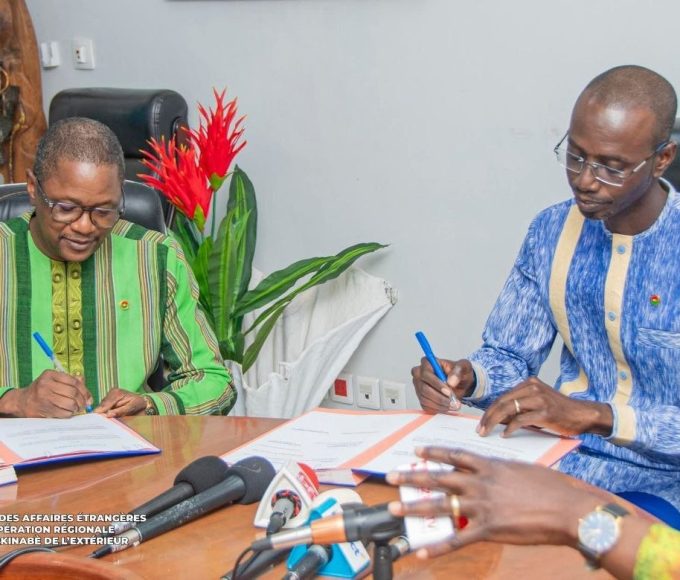


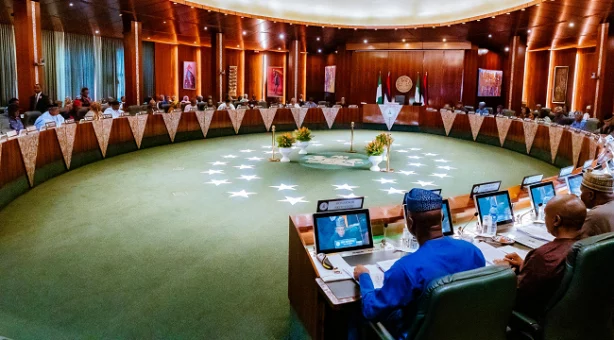
Leave a comment